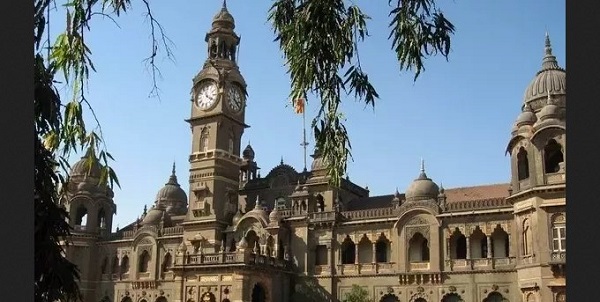Governor’s Role as Chancellor

From Current Affairs Notes for UPSC » Editorials & In-depths » This topic
IAS EXPRESS Vs UPSC Prelims 2024: 80+ questions reflected
What is the Governor’s role in universities?
- Governor is generally the ex-officio Chancellor of universities in the states.
- The Governor’s powers and functions as the universities’ Chancellor are outlined in the state government’s statute for governing the universities.
- For instance, in Kerala, the Governor functions with the aid and advice of the Council of Minister but as the Chancellor, he acts independently of the executive to take decisions regarding all university matters.
- In case of Rajasthan, the Governor appoints the Vice-Chancellor in consultation with the state executive.
- In case of central universities, the President is considered as the ‘Visitor’ under the Central Universities Act, 2009.
- Here, the Chancellor is appointed by the President (in capacity of Visitor).
- The Chancellors’ role is that of a titular head and is limited to presiding over convocation ceremonies.
- The Visitor also appoints the Vice-Chancellor from a list of candidates presented by a selection committee constituted by the union government.
- The Visitor has the right to authorize inspection of various aspects- both academic and non-academic- of the universities and to institute inquiries.
What are the recent developments?
- Recently, the TN government announced its decision to explore options to take the power of appointing the universities’ Vice Chancellor away from the Governor-Chancellor and vest it with itself.
- This move is in line with what some other states have been doing.
- In December, the Maharashtra government passed a Bill to curtail the Governor’s power in appointing Vice Chancellors to the state universities.
- The West Bengal government too announced that it was considering making the Chief Minister the Chancellor of all the state universities.
- In Kerala, the Governor had suggested that a special session of the State Legislative Assembly be convened to divest him of Chancellorship of the state universities.
Why are the State Legislatures doing this?
- The Governor’s role in appointing the universities’ Vice-Chancellor is often the source of disputes with the states’ political executive.
- Though there have been no major issues regarding higher education between the state executive and the Governor in Tamil Nadu, there have been tensions. The state Assembly had adopted a Bill to scrap NEET as the sole factor for admission to UG courses in medicine. Even after 3 months, the Governor hadn’t forwarded this Bill to the President.
- This isn’t the 1st such instance of TN government attempting to divest the Governor of Chancellorship. In 1994, the Assembly had adopted the Universities Bill to make the CM the Chancellor of universities. This move was provoked by souring ties between the then CM and the then Governor over the appointment of Vice Chancellor for the Madras University.
- In Kerala, the recent discussions on divesting the Governor of the Chancellorship comes in light of the controversy over the selection of Vice-Chancellors for 2 universities.
What is the way ahead?
- The President serving as the Visitor of central universities sees no such controversies, even though he has several functions to perform. However, the situation is different in case of state universities.
- There isn’t anything inherently superior in the Governor being the universities’ Chancellor (vis a vis CM being the Chancellor). However, the Governor is in a position to discharge the functions in a detached manner– without being influenced by political considerations.
- Notwithstanding the merits and demerits of who should hold the Chancellorship, what academicians expect from the Governor-Chancellor is transparency in the appointment of the Vice Chancellors.
- To ensure transparency, details of the applicants, interview, jury panel’s composition and the factors taken into consideration for the appointments in the past 4-5 years should be made available on the Raj Bhavan’s website.
Conclusion:
The Governor’s power in appointing the VCs of state universities is increasingly becoming a source of tensions between the Raj Bhavan and the state Executive. Notwithstanding the merits/ demerits of who should be the universities’ Chancellor, the role entails the responsibility of ensuring transparency in the VCs’ appointment.
If you like this post, please share your feedback in the comments section below so that we will upload more posts like this.

